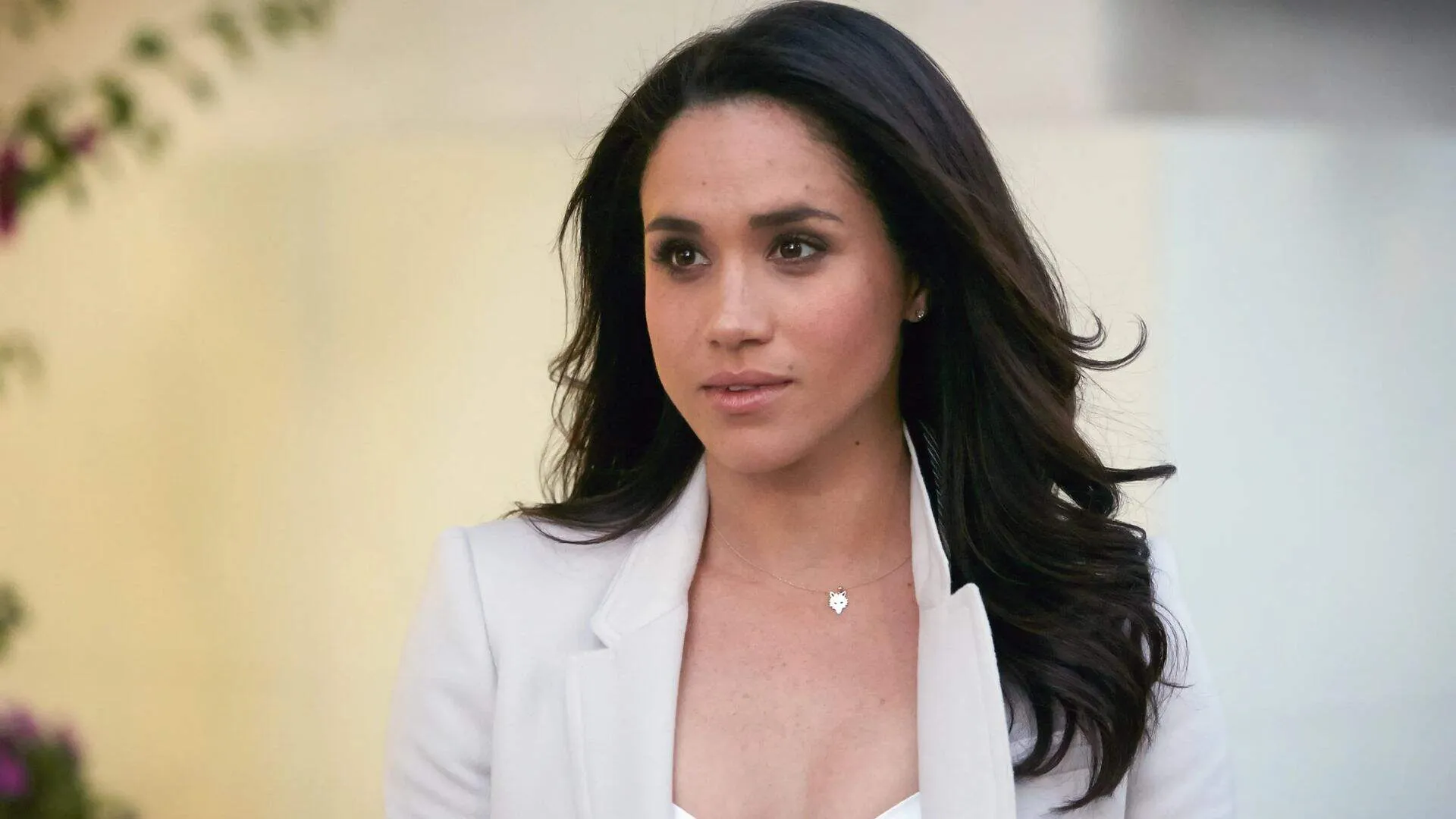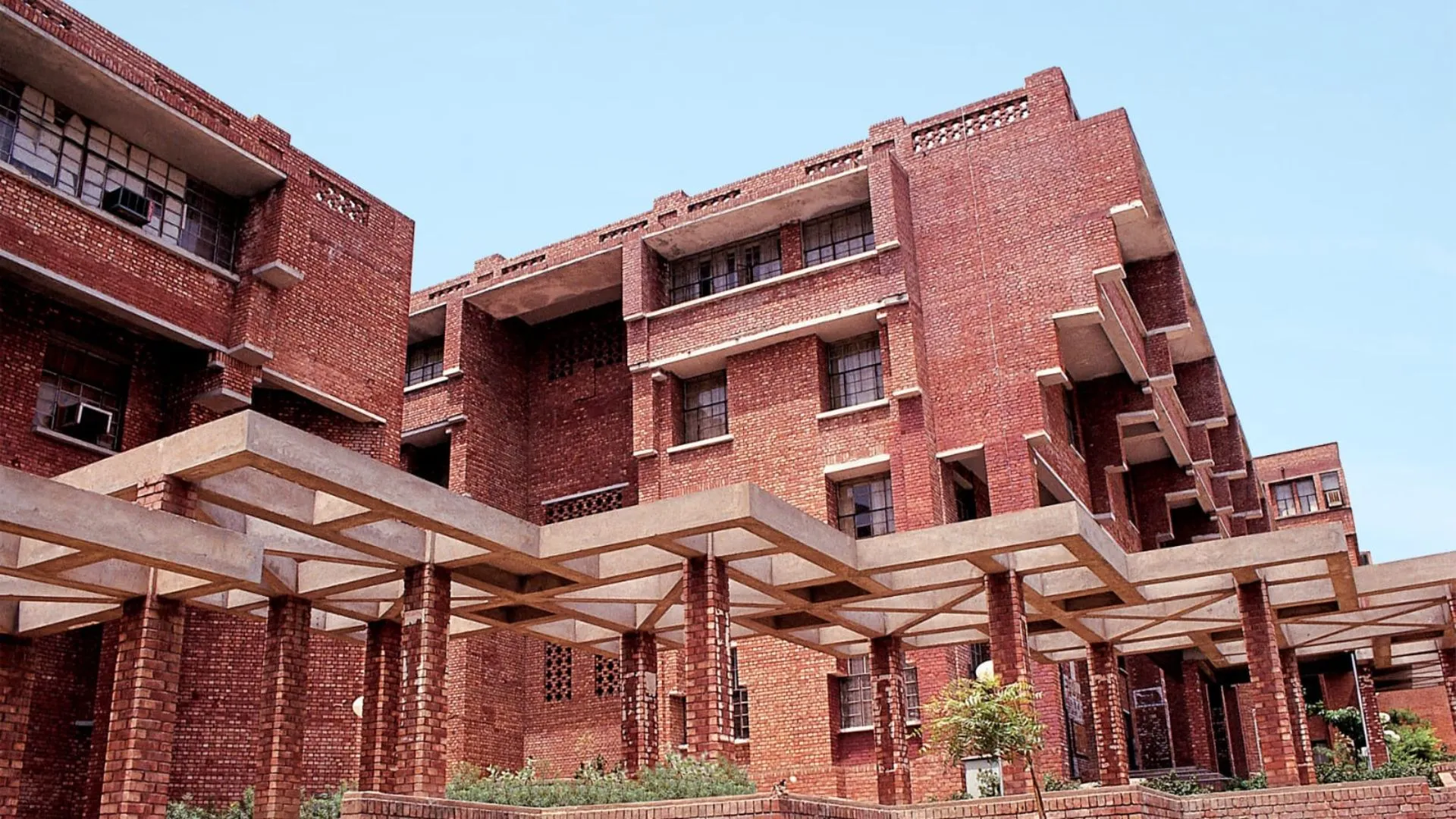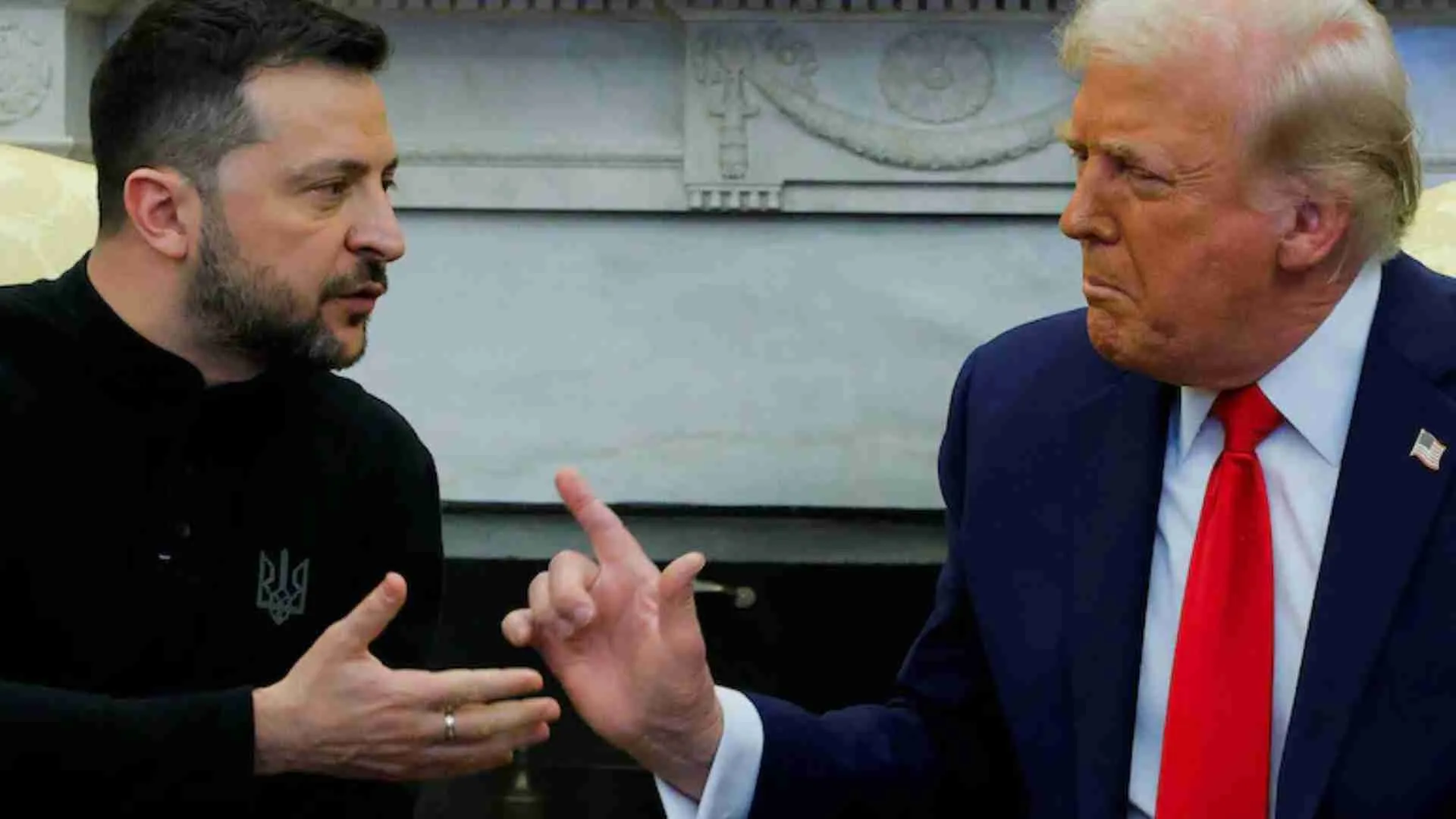The Supreme Court initiated proceedings to assess the constitutional validity of the Centre’s decision to revoke ‘Article 370’, the special status accorded to the former state of Jammu and Kashmir. However, the court refrained from ruling on the legitimacy of the Presidential rule imposed in December 2018, stating that it wasn’t explicitly contested by the petitioner, the Chief Justice of India noted. He underscored that Article 370 was initially a temporary provision.
In 2019, the Centre annulled the special status and restructured the state into two Union Territories, Jammu and Kashmir, and Ladakh.
A five-judge Constitution bench, headed by Chief Justice DY Chandrachud, delivered its verdict following a series of petitions challenging the Centre’s action from four years ago. The apex court concluded a 16-day hearing and reserved its judgment on September 5.
Petitioners contended that Article 370 couldn’t be unilaterally revoked by the Centre. They argued that after the dissolution of the Constituent Assembly in 1957, the powers previously held by it were transferred to the Jammu and Kashmir legislature.









